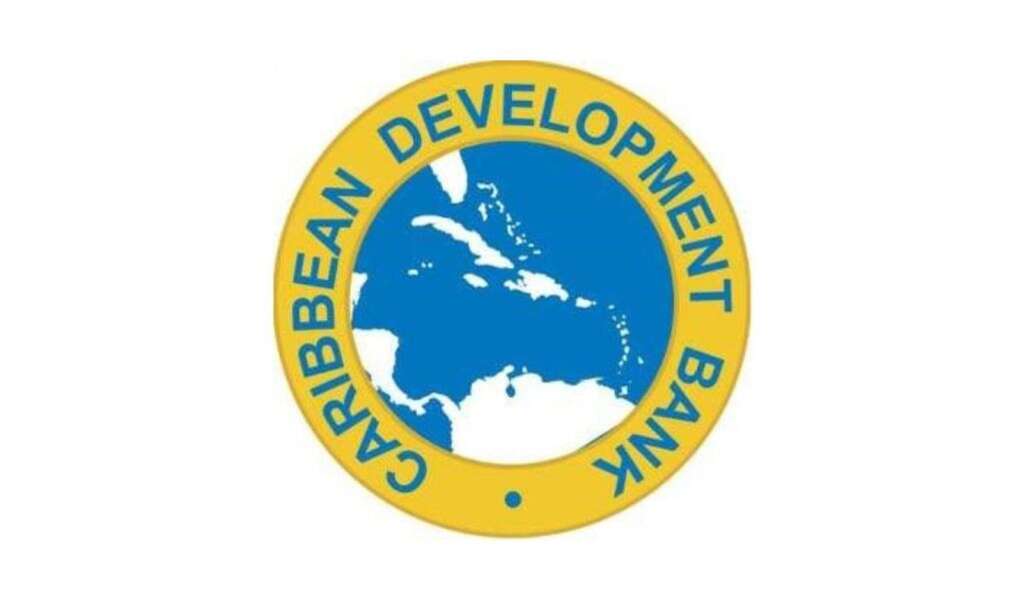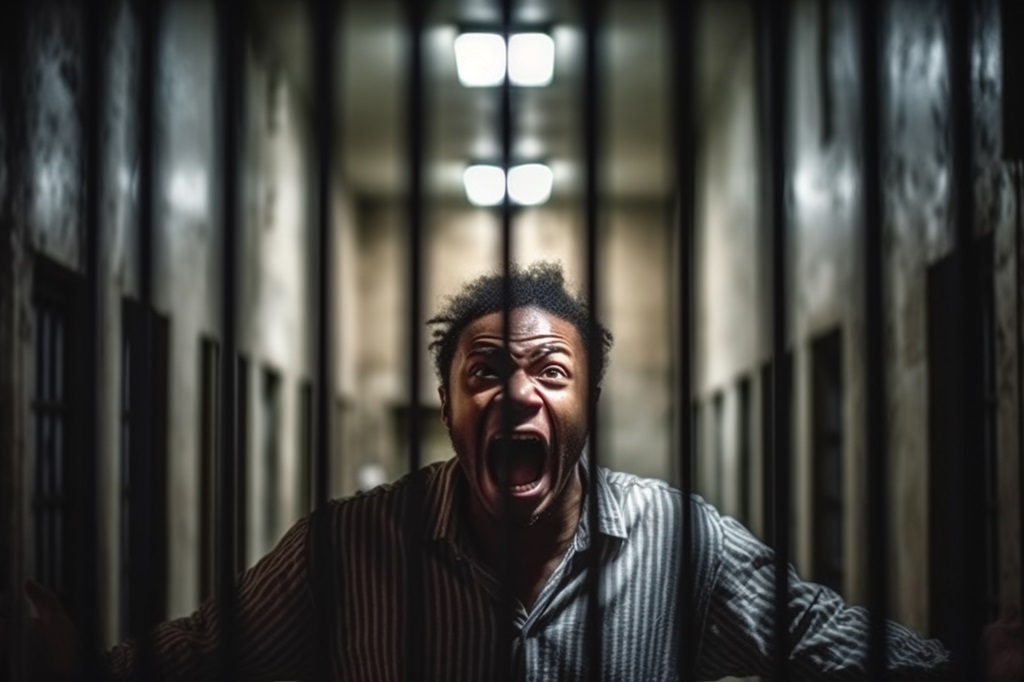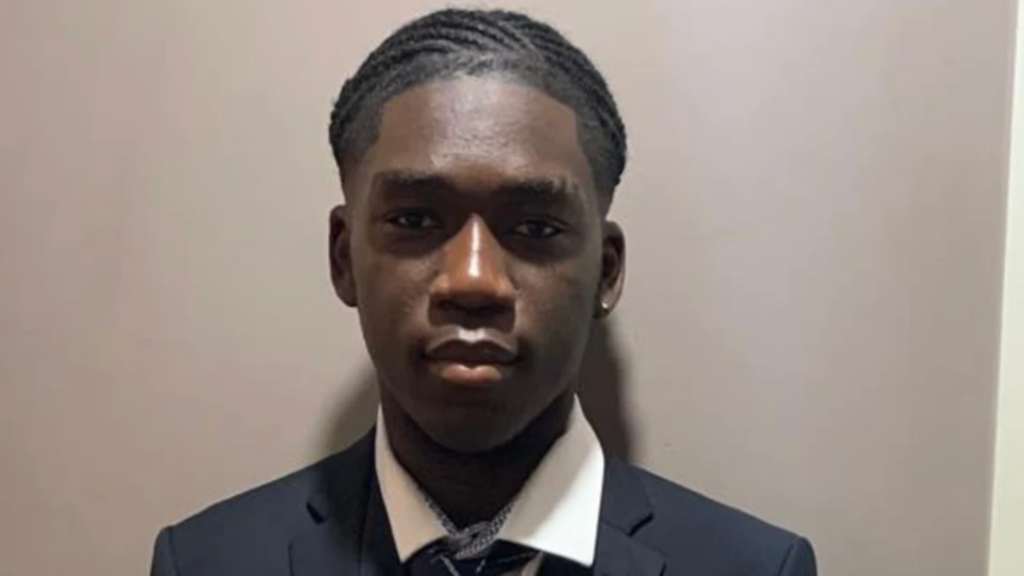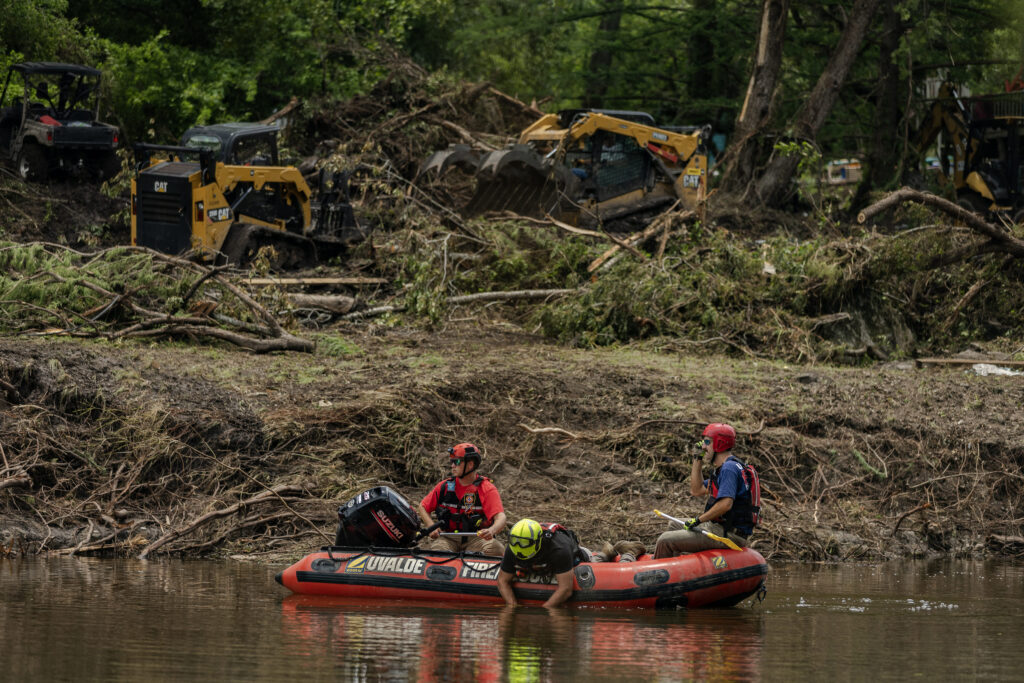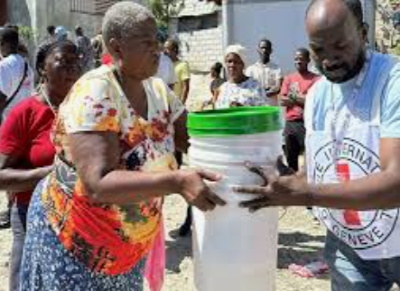Screaming man in prison. (AI generated image/Adobe Stock)
A witness to Mario Deane’s deadly beating in 2014 said during his testimony that inmates had dubbed as the “unsound mind cell” the lock-up that Deane was transferred to and in which he was eventually fatally attacked.
Deane’s post-mortem revealed up to 19 external injuries plus fatal damage to his internal organs. Eleven years after his death, mentally-ill offenders on remand are still being held in correctional facilities, a point of concern for the country’s psychiatrists.
The prosecution’s witness, himself a former inmate, said the “unsound mind cell” was given that moniker because of the unsettling behaviour of the inmates inside it.
Sharing that cell were detainees Marvin Orr, Adrian Morgan and Robert Cargill, all suspected to be suffering from various mental illnesses. The men were arrested for murder after Deane’s death. While Cargill was found unfit to plead and was released in 2018, Orr and Morgan spent six years behind bars waiting for trial before their eventual release [on time already served] after guilty pleas to the lesser offence of manslaughter in 2020.
Fast forward to 2025, and there is still no fit-for-purpose facility to hold mentally-ill offenders facing charges, violent or otherwise, in Jamaica.
As politicians mull the expansion of the only mental hospital in the country, psychiatrists are warning that a facility is desperately needed for the protection of all inmates, and to allow proper treatment of those who need it.
While psychiatrists are trained with the general skills to handle mentally-ill offenders, Dr Clayton Sewell is one of the only forensic psychiatrists in the country specially trained to handle the criminally insane, in legal terms.
Sewell maintained firmly that the propensity for violence in mentally-ill people is generally low, but when an affected individual does display violent behaviour and an offence is committed, it becomes a forensic case, and that person will need to go through the court system.
Consultant forensic psychiatrist Dr Clayton Sewell and the Psychiatric Association of Jamaica are of
the view that the correctional facilities in Jamaica are “non-therapeutic”
First opened in 1861 as the Jamaica Lunatic Asylum, Bellevue Hospital is the country’s only state-operated mental medical institution. It, however, does not provide treatment or housing for forensic mental health patients, and so the country’s 300 to 350 mentally-ill offenders on remand are kept in correctional facilities.
“It is unfortunate that these mentally-ill offenders are sent to the prison system, very unfortunate. As far as I know, the forensic psychiatric unit, which was originally at Bellevue Hospital, was destroyed by fire in 1975, and since then, a policy decision was taken not to reopen,” said Consultant Psychiatrist at the Department of Corrections, Dr Myo Oo.
Oo was one of the consulting psychiatrists in Deane’s case. He also worked at Bellevue for 20 years and now treats mentally-ill offenders in the prison system.
Currently, male offenders are sent to the Tower Street Adult Correctional Centre, among others, and females to South Camp Road Adult Correctional facility. Juveniles with mental illnesses who have run afoul of the law and must be remanded are also sent to correctional facilities.
It’s a situation which Oo, Sewell, and Government Senator Dr Sapphire Longmore find concerning.
“When you have someone who is diagnosed with a mental illness, who commits a crime, you have two situations to be addressing as a state. You have the fact that the person needs treatment, and the fact that there’s justice to be dispensed,” explained Longmore.
This, under law, means a psychiatric evaluation, followed by a fit to plead hearing, which determines whether an offender has the capacity to understand he has committed a crime and has pleaded guilty or not guilty.
Next is a fair trial by judge or jury, barring a guilty plea, and then sentencing by a judge. But the dire shortage of forensic psychiatrists and improper facilities for holding and treating the mentally-ill can impede the process of justice locally, the psychiatrists say.
A member of the Office of the Director of Public Prosecutions, who did not wish to be named, explained that, “If the person is not fit to plead, then he is held at the court’s pleasure and then brought back later– no matter how long it takes for him to be fit to plead, you can still put him on trial [even] after many years has passed.”
Dr Saphire Longmore
A recent display in the Kingston and St Andrew Parish Court demonstrated the conundrum. A man deemed not fit to plead was brought before a senior parish judge and spent around 10 minutes explaining to the judge in detail how he knew the difference between the “angels” and the “evil” that he said visited him nightly at the Tower Street lockup.
He detailed with startling clarity that he had not been taking his medication, and slept sitting upright on a piece of a block to avoid the “duppy dem” that plagued him at night resulting in poor circulation to his legs which hence needed medical attention.
The man proceeded to beg the judge not to send him back down to the “evil place”, after which the judge empathetically explained that there was nowhere else for him to be safely kept.
Because of the lack of a facility to properly house, treat, and provide stimulation, these types of offenders can remain in the prison system for decades, effectively serving extended sentences behind bars anyway, Sewell explained.
There are also cases, he said, where recovery is deemed not possible through no fault of the system.
In the United Kingdom, upon which Jamaica has based its legal system, there are over 4,000 beds in high and medium security facilities for the criminally insane, according to a 2018 study, ‘Long Stay Psychiatric Care in the UK’, and the law allows for offenders to be sent to these facilities for treatment. While the study shared concerns that some offenders were detained for longer than necessary, it emphasised that these facilities were still necessary.
Oo was one of the doctors involved in a Mental Health Offenders Enquiry carried out by the judiciary in 2020, which found that improvements to the court system to facilitate mentally-ill offenders could not outweigh the lack of a designated psychiatric facility, and urged immediate action to create one.
While admitting that care has improved in the last few years, Dr Sewell too emphasised that the prisons are not resourced like a hospital would be.
“A lot of the facilities, the correctional facilities, they have staff, but limited staff. So they don’t have the usual, you know, nurse and psychiatric, nursing aides and psychiatrists in the same way that you would in a hospital setting,” he said.
Dr Oo explained, “The department has made progress, and now we have five permanently employed psychiatrists. We have mental health nurses, we have registered nurses, and we have psychiatry aides. And even though the numbers are not that much, it is steadily making progress.”
Another improvement lauded by Longmore was the creation of a child diversion programme for certain offences, which is “designed to keep (or “divert”) children who are accused of minor offences away from the criminal justice system”.
Acknowledging local resource constraints, Sewell indicated that in his professional opinion, the best use of our resources would be to have a correctional facility that has a forensic mental health unit where persons can be safely held and treated by medical personnel. This position was shared by the prosecutor as well as the judiciary based on their enquiry.
Currently, Bellevue only provides fitness to plead assessments, sentencing evaluations, comprehensive psychiatric reports, and damage assessments for civil and criminal forensic matters referred by the court, representatives told Observer Online.
As far back as 2006 there have been plans to shutter the state-owned facility. At that time the plan was to turn Bellevue solely into a forensic psychiatric facility, which did not materialise.
Dr Oo explained what plans had been in motion during his tenure, up to 2023.
“A decision was actually taken that Bellevue remains [but as] a specialist, neuropsychiatric hospital with 100 beds, for acute and subacute cases,” he said.
These acute and subacute cases refer to patients who are actively experiencing symptoms.
Despite numerous enquiries by the Observer, the Ministry of Health has not confirmed whether it is considering extending Bellevue to facilitate inpatient forensic psychiatric care, or its plans to handle mentally-ill offenders.
“Is it justice to hold someone fully accountable in that situation, versus saying, we believe it’s an illness that is responsible for the behaviour, let us treat the illness, and in treating the illness, reduce the likelihood of that behaviour occurring in the future?” Sewell asked.

